What’s Jerk Seasoning? A Spicy, Smoky Flavor Explosion You Can’t Ignore!
If you've ever taken a bite of Jamaican grilled chicken and felt like your taste buds were on fire — in the best possible way — then you've tasted the magic of jerk seasoning. But what exactly is this legendary spice blend, and why does it have such a loyal following around the world?
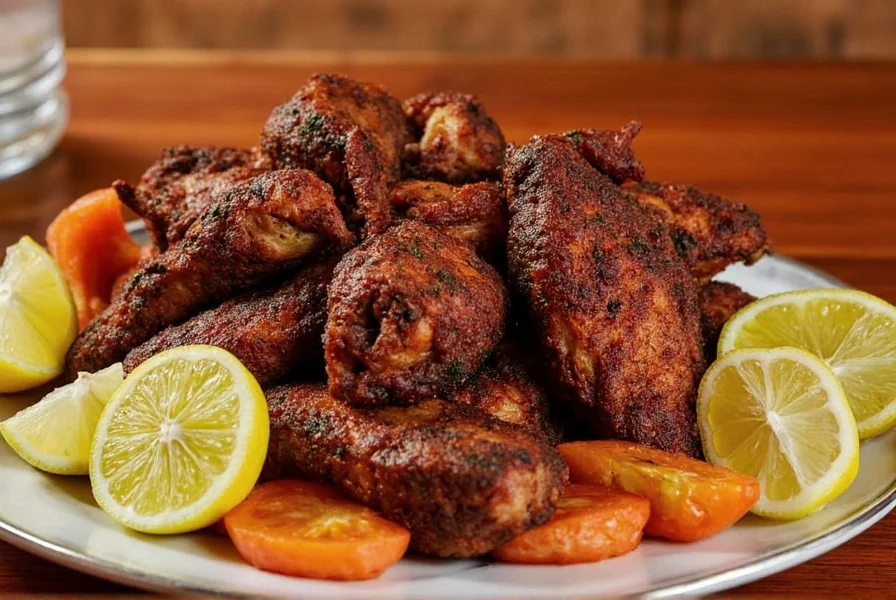
Table of Contents
- What Is Jerk Seasoning?
- A Taste of Jamaica: The Origins
- Key Ingredients That Make Jerk Seasoning Unique
- Homemade vs. Store-Bought: Which Should You Choose?
- How to Use Jerk Seasoning Like a Pro
- Buying Guide: Choosing the Best Jerk Seasoning
- Health & Spice Level: What You Need to Know
- Final Thoughts
What Is Jerk Seasoning?
Jerk seasoning is a traditional Jamaican spice mix used to marinate meat before grilling or roasting. It’s known for its bold, spicy, smoky flavor profile that comes from a careful balance of heat, earthiness, and warmth. Though often associated with chicken, jerk seasoning can be used on pork, fish, tofu, and even vegetables.
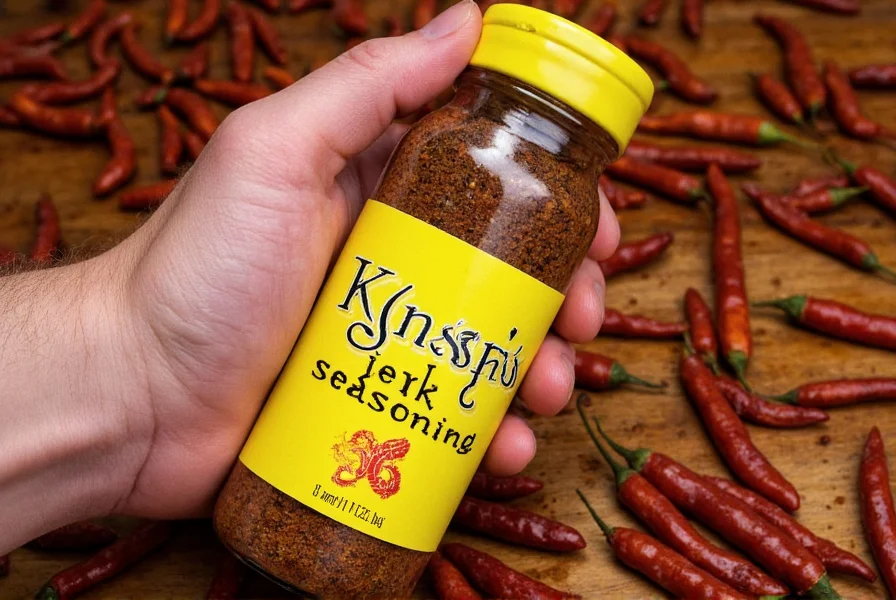
A Taste of Jamaica: The Origins
The word “jerk” refers both to the seasoning and the cooking technique. Originating from the indigenous Taino people of Jamaica, the method involved slow-cooking meat over pimento wood fires. African slaves later adopted and refined the technique using local spices. Today, jerk seasoning is one of Jamaica’s most iconic culinary exports — a symbol of Caribbean flair and fiery flavor.
Key Ingredients That Make Jerk Seasoning Unique
While recipes vary by chef and region, here are the core components typically found in jerk seasoning:
- Scotch Bonnet Peppers: These are the primary source of heat — sweet yet super spicy.
- Allspice (Pimento): Known as the “jerk berry,” it adds warmth and depth.
- Garlic: For a savory kick.
- Thyme: Brings an aromatic herbaceous note.
- Ginger: Adds brightness and zing.
- Onion Powder: Enhances umami layers.
- Cinnamon & Nutmeg: Surprise players that bring a touch of sweetness.
| Ingredient | Flavor Profile | Heat Level (Out of 5) |
|---|---|---|
| Scotch Bonnet Pepper | Sweet, fruity, hot | 4.8 |
| Allspice | Earthy, warm, peppery | 0 |
| Garlic | Pungent, savory | 0 |
| Thyme | Herbaceous, floral | 0 |
| Ginger | Zesty, spicy | 1 |
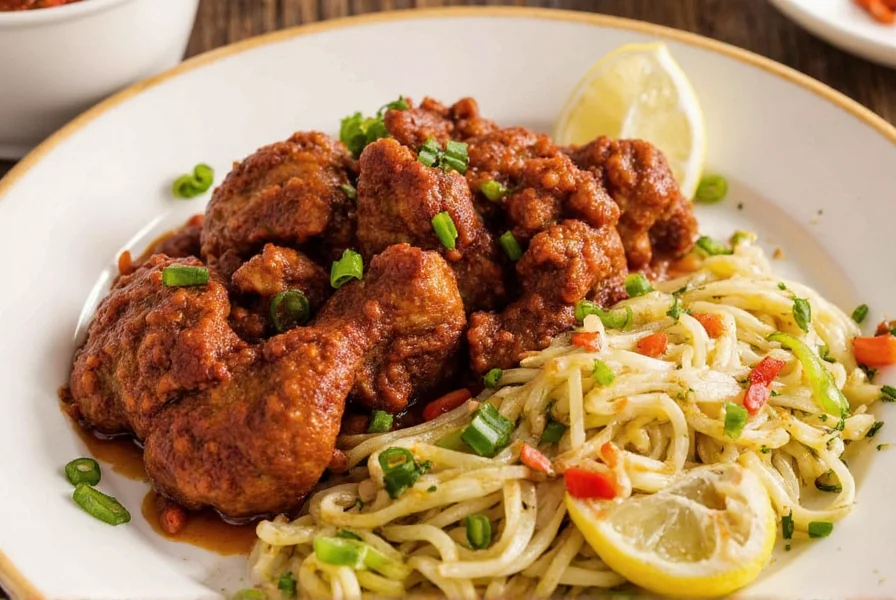
Homemade vs. Store-Bought: Which Should You Choose?
You’ve got options when it comes to getting your jerk fix. Let’s compare the two main approaches:
| Factor | Homemade | Store-Bought |
|---|---|---|
| Taste Control | Full control over spice level and ingredients | Limited customization |
| Convenience | Time-consuming but rewarding | Quick and easy |
| Cost | Varies, but often cheaper long-term | More expensive per use |
| Freshness | Maximized flavor | Varies by brand and shelf life |
DIY Tip: Basic Homemade Jerk Seasoning Recipe
Mix together:
- 2 tsp ground allspice
- 1 tsp dried thyme
- 1 small minced scotch bonnet (use gloves!)
- 3 cloves garlic, minced
- 1 tsp grated ginger
- ½ tsp cinnamon
- ¼ tsp nutmeg
- Salt & black pepper to taste

How to Use Jerk Seasoning Like a Pro
Jerk seasoning isn’t just for grilled chicken anymore! Here are creative ways to use it:
- Marinade Magic: Rub into chicken or pork and let sit overnight for maximum flavor absorption.
- Spice Up Your Veggies: Toss carrots, eggplant, or cauliflower in oil and jerk seasoning before roasting.
- Grill Meats Like a Jamaican Chef: Combine with oil and citrus juice for a wet rub on ribs or shrimp skewers.
- Popcorn Twist: Sprinkle lightly on freshly popped popcorn for a spicy snack with flair.
- Stew It In: Add a teaspoon to soups or stews for a deep, complex background flavor.
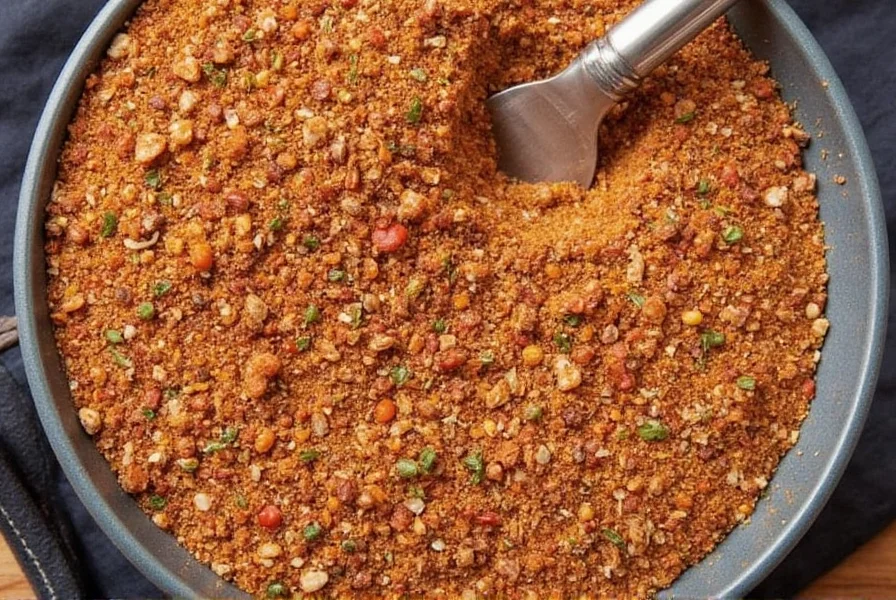
Buying Guide: Choosing the Best Jerk Seasoning
Whether you’re new to jerk seasoning or looking to upgrade your pantry stash, here are some top picks and what makes them stand out:
1. Grace Authentic Jamaican Jerk Seasoning
- Features: Classic blend, widely available, trusted brand.
- Pros: Balanced flavor, perfect for beginners.
- Best For: Everyday cooking, traditional jerk dishes.
- Occasion: Backyard BBQ, family dinners.
2. Walkerswood Jamaican Jerk Seasoning
- Features: Natural ingredients, no MSG.
- Pros: Slightly spicier than Grace, great for more adventurous palates.
- Best For: Grilling enthusiasts, foodies.
- Occasion: Dinner parties, weekend grilling.
3. Badia Jamaican Jerk Seasoning
- Features: Affordable, organic option.
- Pros: Lighter spice, easy to layer with other flavors.
- Best For: Health-conscious cooks.
- Occasion: Healthy meal prep, weekday meals.
4. Mama D’s Real Jerk Seasoning
- Features: Handcrafted in Jamaica, premium quality.
- Pros: Complex flavor profile, true island authenticity.
- Best For: Culinary purists, chefs, and gift-givers.
- Occasion: Special events, gourmet meals.
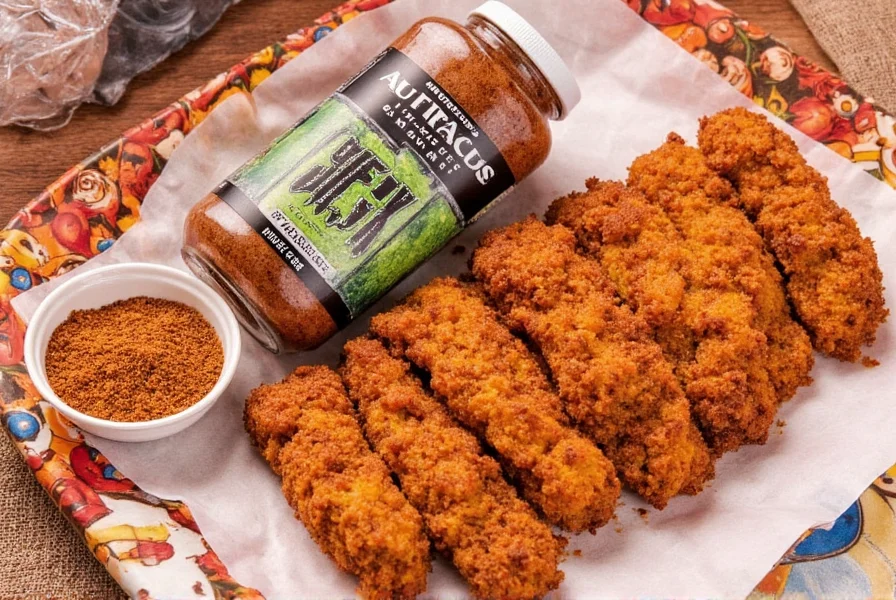
Health & Spice Level: What You Need to Know
Spice lovers, rejoice! Jerk seasoning is not only delicious — it can also be good for you. Here's how:
- Metabolism Boost: Capsaicin in scotch bonnet peppers can help increase metabolism slightly.
- Anti-Inflammatory Properties: Ginger and turmeric (sometimes added) reduce inflammation.
- Low in Calories: Most blends contain zero calories unless mixed with oils or sauces.
Managing the Heat
If you're not ready for full-on face-sweating spice, consider these tips:
- Remove the seeds from the peppers to reduce heat.
- Add honey or lime to balance the burn.
- Use sparingly at first until you know your tolerance level.

Final Thoughts
So, what’s jerk seasoning? More than just a spice blend — it’s a passport to the vibrant cuisine of Jamaica. Whether you make it at home or grab a jar off the shelf, jerk seasoning brings a powerful punch of flavor that transforms any dish into something special.
Now that you’re equipped with knowledge, recipes, and buying tips, it’s time to go ahead and experiment. Dust off your grill, raid your spice rack, and let the jerk season begin!

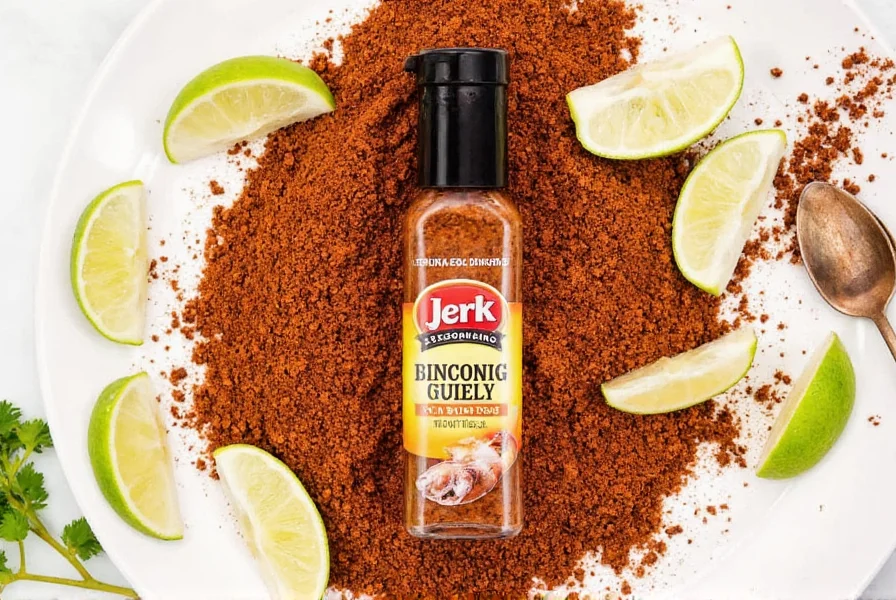









 浙公网安备
33010002000092号
浙公网安备
33010002000092号 浙B2-20120091-4
浙B2-20120091-4